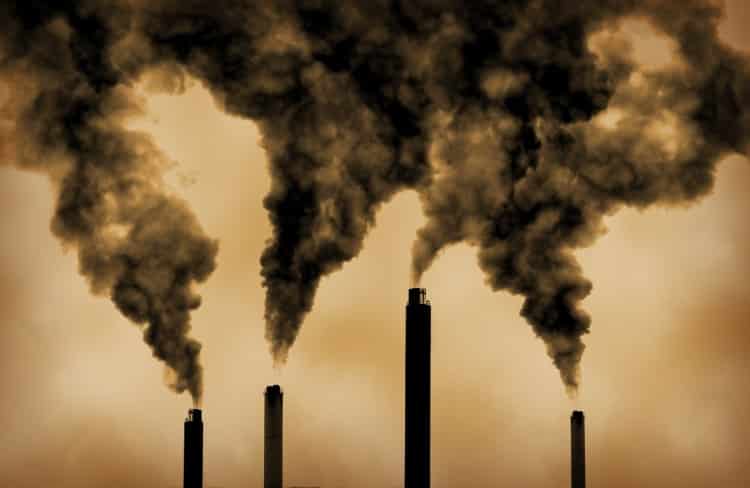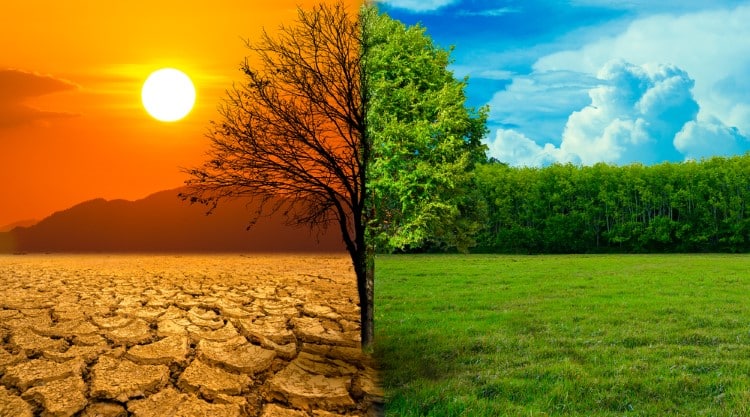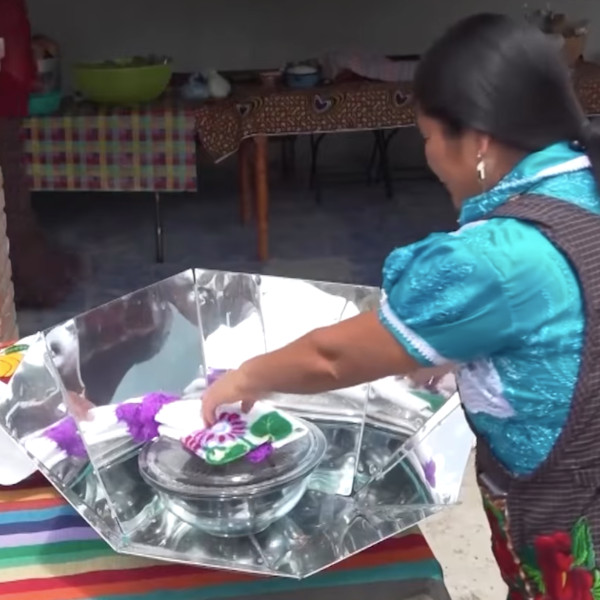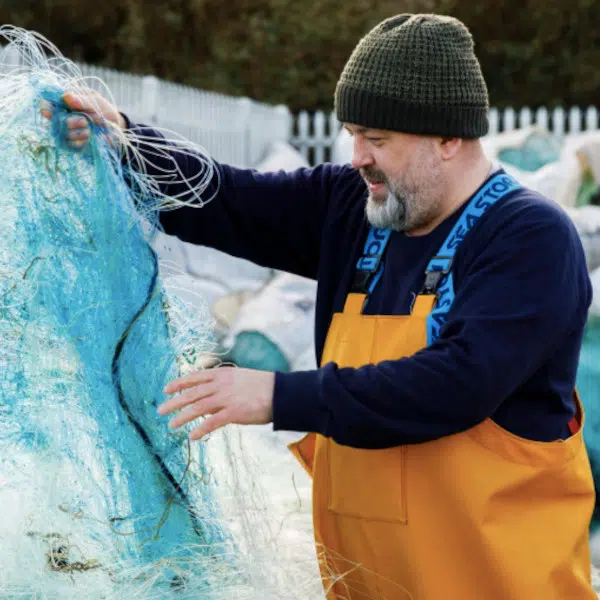
Photo: jjayo/Depositphotos
The window of opportunity to save our planet from a climate crisis is closing quickly. According to a new report by the Intergovernmental Panel on Climate Change (IPCC), governments need to curb their use of fossil fuels immediately or Earth will pass a critical global warming threshold even sooner than we thought. In a comprehensive study published on Monday, the IPCC declared that global temperatures will rise 1.5 degrees Celsius above preindustrial levels at some point in the early 2030s.
While many governments have pledged to have zero net emissions by 2050 or 2060, according to this panel of experts, it simply won't be enough. Temperatures have already risen 1.1 degrees Celsius, so in order to keep warming below 1.5 degrees, greenhouse gas emissions will need to be slashed in half by 2030. Additionally, industrialized nations would also have to stop releasing carbon dioxide into the atmosphere by the early 2050s. Even if these two ambitious goals are accomplished, there is still only a 50% chance of keeping warming to under 1.5 degrees Celsius.
“The pace and scale of what has been done so far and current plans are insufficient to tackle climate change,” states Hoesung Lee, IPCC Chair. “We are walking when we should be sprinting.”
Luckily, the experts say that not all hope is lost. And they've provided a roadmap for ensuring that the world's population knows how to help keep emissions down. While their suggestions call for bold, rapid action, the panel is also clear in stating that this is necessary in order to help our planet thrive for future generations.

Photo: sarayut/Depositphotos
“Mainstreaming effective and equitable climate action will not only reduce losses and damages for nature and people, it will also provide wider benefits,” says Lee.
IPCC points out that the extreme weather caused by global warming is already evident across the globe. Heavy rainfall, extreme heatwaves, and longer periods of droughts are already making life difficult for humans and animals in every nation.
So what can we do to turn things around? Anything to avoid further greenhouse gas emissions can have a positive effect. This means walking, cycling, or taking public transit instead of driving in order to improve air quality. The experts also champion the conservation and protection of 30-50% of the Earth’s land, freshwater, and ocean as a way to keep a healthy planet.
The study also points specifically to the food sector, electricity, transport, industry, buildings, and land-use as areas that can make significant changes to reduce emissions. And in doing so, they could also make it easier for individuals to live a low-carbon lifestyle that can both help the planet and improve their health.
But, in order to make real change, the entire planet will need to work together and put their individual needs aside for the good of our future.
“Transformational changes are more likely to succeed where there is trust, where everyone works together to prioritize risk reduction, and where benefits and burdens are shared equitably,” Lee asserts. “We live in a diverse world in which everyone has different responsibilities and different opportunities to bring about change.”
h/t: [NYTimes]
Related Articles:
U.N. Climate Report Reveals That We’re Destined for a Hotter Planet
U.S. Rejoins World Health Organization and Paris Climate Agreement
UN Climate Change Report Calls for Immediate Action to Avoid Climate Catastrophe
People Use 10-Year Challenge to Show How Devastatingly Different Our Planet Looks






















































































